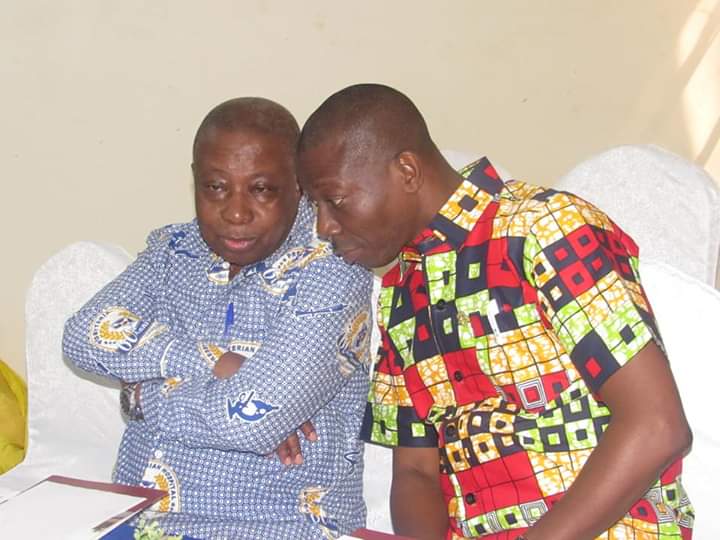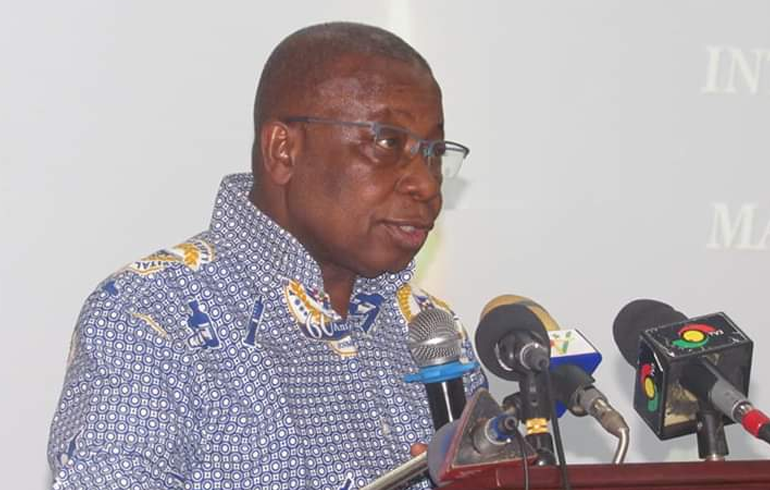The Minister of Health, Mr. Kwaku Agyeman-Manu has warned health facilities to cease the purchase of drugs from pharmaceutical suppliers who do not belong to the framework contracting supply agreement.
He said, the framework contracting supply agreement was initiated to minimize, reduce and completely eradicate the issues of fake and expired medications that have engulfed the health facilities.
The minister, Mr. Agyeman-Manu gave this caution at the launch of Ghana Integrated Logistics Management Information System (GiLMIS), here in Koforidua in the Eastern Region aimed to monitor supply chain performance in Ghana.
GILMiS is a nationwide end visibility initiative that enables decision-makers at all levels to make informed and timely decisions, data integrity, low inventory operations costs, increase management efficiencies, accurate quantification and demand planning.
The implementation of the GiLMIS is one of the recent key reforms drive embarked upon by the Ministry of Health with support from the Global Fund to fight Tuberculosis, Aids and Malaria (GFTAM) and United State Agency for International Development (USAID), was to ensure commodity security which includes getting the right medicines and supplies in good condition whenever they are needed, strengthening health system and improving management decision making.
Mr. Agyeman- Manu indicated that to be able to identify the suppliers of fake medication, it is imperative to have identified people to supply drugs on procurement contractual agreement.
He said to ensure the various health facilities comply with the directive, the ministry will monitor the various facilities to inquire where they purchase their drugs, adding that the Ministry of Health will not hesitate to deal with anyone who fails to comply with the directive.
He indicated that one of the principles of the transformation agenda was to leverage on the availability of modern renovations, technology, and information management system to provide end to end visibility and facilitate access to quality supply chain data.
“This will lead to the supply chain environment capable of moving Ghana towards the attainment of health-related sustainable development goal including universal health coverage”, he said.
For his part, the Deputy Eastern Regional Minister, Mr. Samuel Nuertey Ayertey said the Ministry of Health as part of its broader mandate of improving the quality of health of all people living in Ghana has the responsibility of upholding the vision to reduce inequalities in access to healthcare, increase health coverage, and ensure provision of effective healthcare services aimed at achieving a healthier national population.

He added the key component of which is providing access to essential medicines through an efficient public health supply chain.
Mr. Nuertey Ayertey was hopeful that these reforms fully implemented will ultimately impact on quality of healthcare delivery service, management decision-making and supply chain performance improvement thus reducing stock-outs, expiries, wastage and lowering inventory operation costs.
Source: Mybrytfmonline/Bismark Sackey




















































